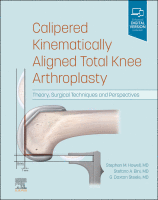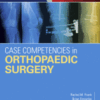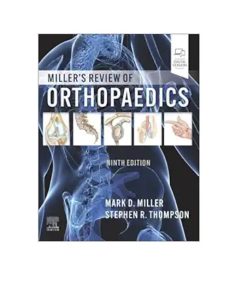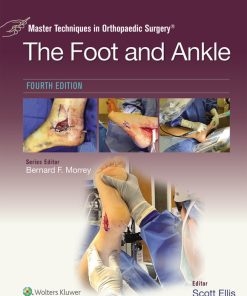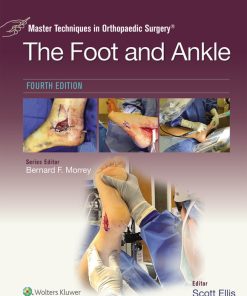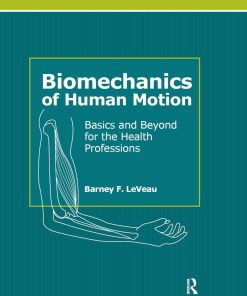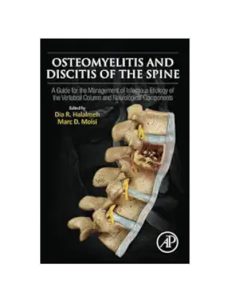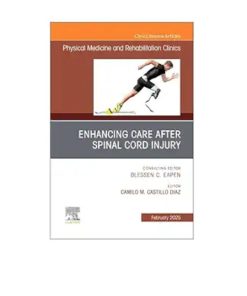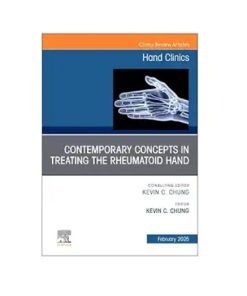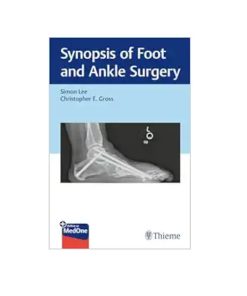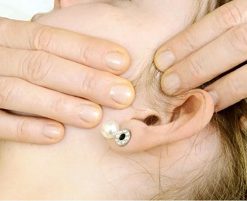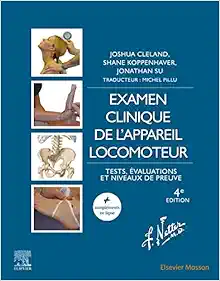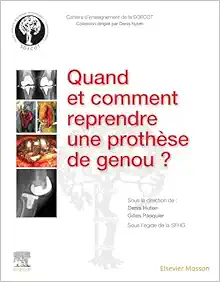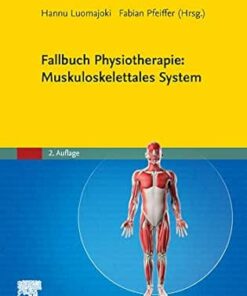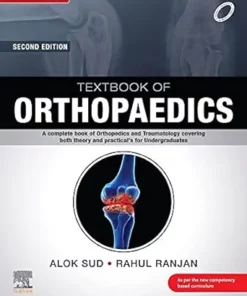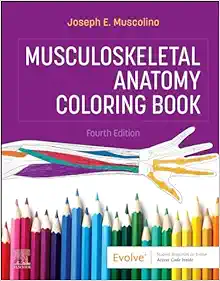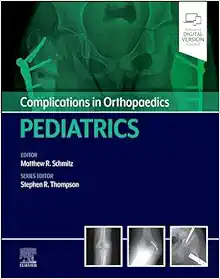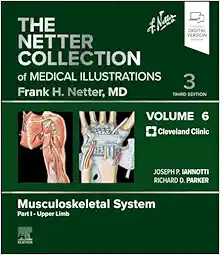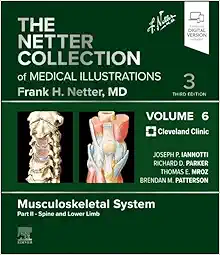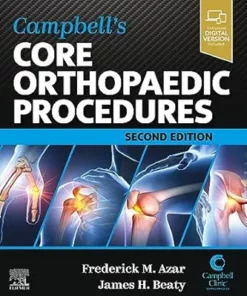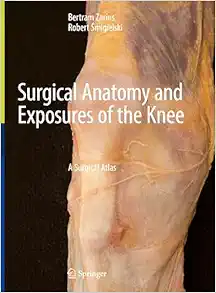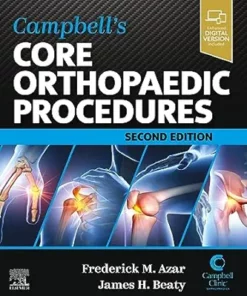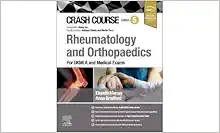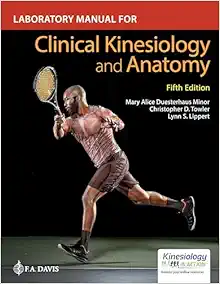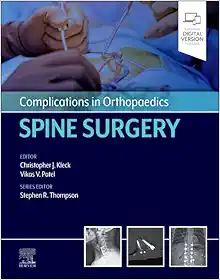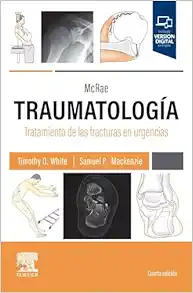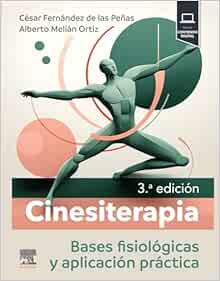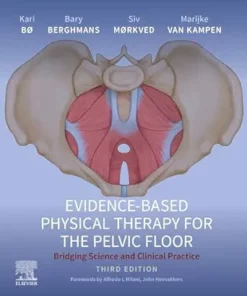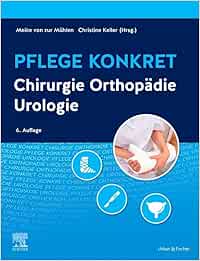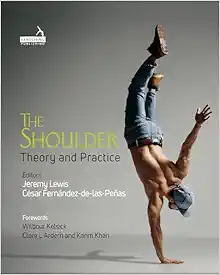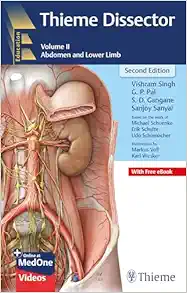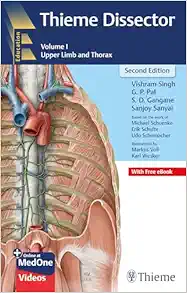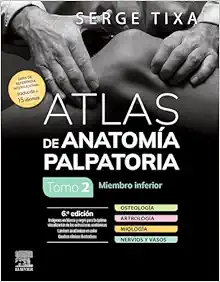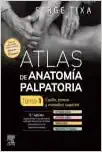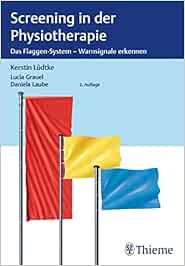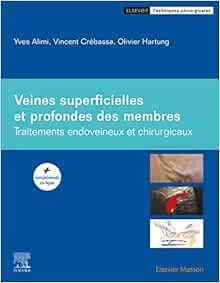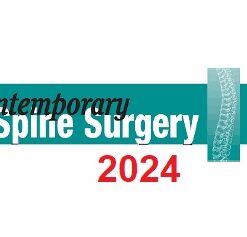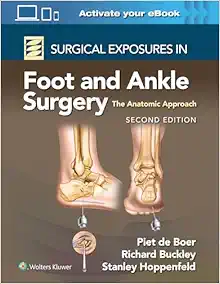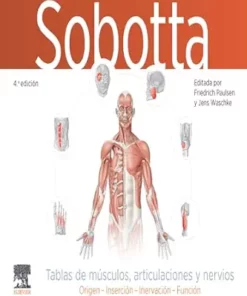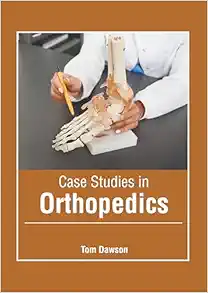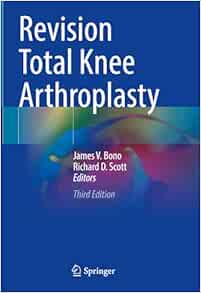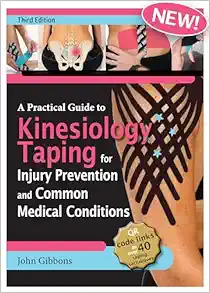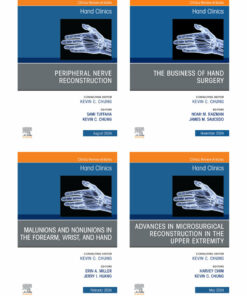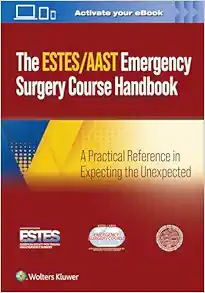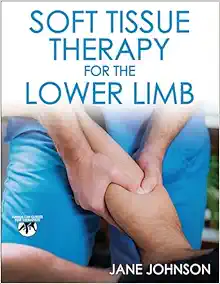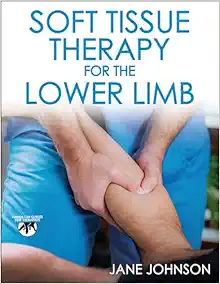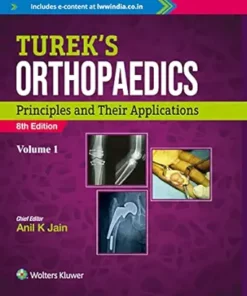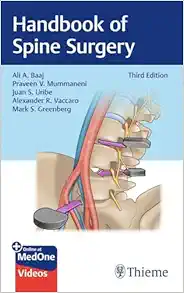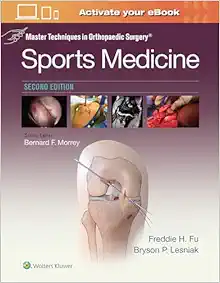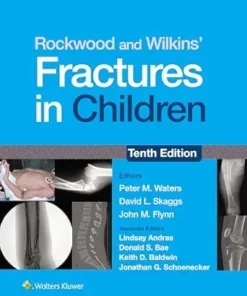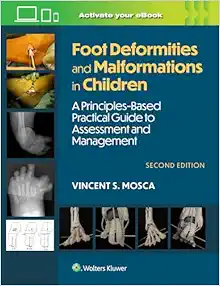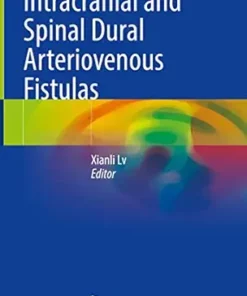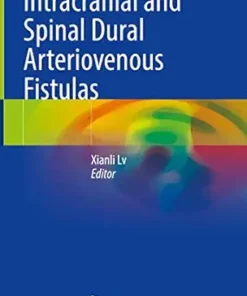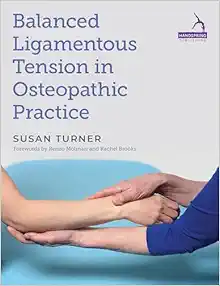Calipered Kinematically Aligned Total Knee Arthroplasty Theory, Surgical Techniques and Perspectives 2021 Original pdf
$15
Calipered Kinematically Aligned Total Knee Arthroplasty Theory, Surgical Techniques and Perspectives 2021 Original pdf
Calipered kinematic alignment was proposed by Dr. Stephen M. Howell to enable the accurate and individualized placement of total knee components coincident within ± 0.5 mm of the patient’s pre-arthritic alignment. The aim was to restore the patient’s native joint kinematics and thereby address the well documented 20% dissatisfaction when total knee replacement is performed using traditional, or mechanical alignment techniques.
With Dr. Stefano A. Bini and Dr. G. Daxton Steele as co-editors, Dr. Howell has curated an international team of expert surgeons and engineers to discuss various aspects of the calipered knee alignment technique in short, concise, and well-illustrated chapters. Each author provides clear, practical guidance for adopting and implementing calipered kinematic alignment covering manual, patient-specific, navigated, and robotic techniques. Chapters on component design tailored explicitly for kinematic alignment and showing the close relationship between knee biomechanics and the kinematically aligned TKA help the surgeon manage complex challenges associated with deformity and post-operative complications.
Following the introduction of the calipered kinematic alignment technique for total knee arthroplasty, many international studies have shown consistently better patient satisfaction than the traditional mechanical alignment technique. Better function and high long-term implant survival have catalyzed a paradigm shift in total knee replacement philosophy that is being embraced by orthopedic surgeons and innovative implant companies around the world with excellent results.
Related Products
ORTHOPAEDICS SURGERY
ORTHOPAEDICS SURGERY
ORTHOPAEDICS SURGERY
ORTHOPAEDICS SURGERY
Master Techniques in Orthopaedic Surgery: The Foot and Ankle, 4th Edition (Videos)
ORTHOPAEDICS SURGERY
Master Techniques in Orthopaedic Surgery: The Foot and Ankle, 4th Edition EPUB
ORTHOPAEDICS SURGERY
ORTHOPAEDICS SURGERY
Synopsis of Foot and Ankle Surgery (Original PDF from Publisher)
ORTHOPAEDICS SURGERY
Orthopaedic Knowledge Update®: Musculoskeletal Tumors 5 (EPUB)
ORTHOPAEDICS SURGERY
Primer on the Metabolic Bone Diseases and Disorders of Mineral Metabolism, 10th edition (EPUB)
ORTHOPAEDICS SURGERY
TMJ Extremity Proficiency Product 2023 – ExtremityExperts (Videos)
ORTHOPAEDICS SURGERY
ORTHOPAEDICS SURGERY
Frozen Shoulder: Present and Future (Original PDF from Publisher)
ORTHOPAEDICS SURGERY
Quand et comment reprendre une prothèse de genou ? (French Edition) (True PDF from Publisher)
ORTHOPAEDICS SURGERY
Spezielle Unfallchirurgie (German Edition), 2nd Edition (True PDF from Publisher)
ORTHOPAEDICS SURGERY
Textbook of Orthopaedics, 2nd Edition (True PDF from Publisher)
ORTHOPAEDICS SURGERY
Musculoskeletal Anatomy Coloring Book, 4th Edition (True PDF from Publisher)
ORTHOPAEDICS SURGERY
Communication Skills for Physiotherapists (True PDF from Publisher)
ORTHOPAEDICS SURGERY
Trauma Surgery Essentials: A Must-Know Guide to Emergency Management (True PDF from Publisher)
ORTHOPAEDICS SURGERY
Complications in Orthopaedics: Pediatrics (True PDF from Publisher)
ORTHOPAEDICS SURGERY
Dupuytren’s Disease: A Scientific Review (True PDF from Publisher)
ORTHOPAEDICS SURGERY
Knee Pain in Sports Medicine: Essentials of Diagnosis and Treatment (True PDF from Publisher)
ORTHOPAEDICS SURGERY
Campbell’s Core Orthopaedic Procedures, 2nd Edition (True PDF from Publisher)
ORTHOPAEDICS SURGERY
Surgical Anatomy and Exposures of the Knee: A Surgical Atlas (Original PDF from Publisher)
ORTHOPAEDICS SURGERY
ORTHOPAEDICS SURGERY
Lower Extremity Proficiency Product 2023 – ExtremityExperts (Videos)
ORTHOPAEDICS SURGERY
CTS Extremity Proficiency Product 2023 – ExtremityExperts (Videos)
ORTHOPAEDICS SURGERY
Orthopaedic Physical Therapy Secrets, 4th Edition (True PDF from Publisher)
ORTHOPAEDICS SURGERY
Laboratory Manual for Clinical Kinesiology and Anatomy, 5th Edition (EPUB)
ORTHOPAEDICS SURGERY
Complications in Orthopaedics: Spine Surgery (EPUB + Converted PDF)
ORTHOPAEDICS SURGERY
ORTHOPAEDICS SURGERY
Plastic Surgery: Hand and Upper Limb, Volume 5, 5th Edition (True PDF from Publisher)
ORTHOPAEDICS SURGERY
Netter. Sistema musculoesquelético integrado (True PDF from Publisher)
ORTHOPAEDICS SURGERY
Evidence-Based Physical Therapy for the Pelvic Floor, 3rd Edition (True PDF from Publisher)
ORTHOPAEDICS SURGERY
Neuromuscular Case Studies, 2nd Edition (True PDF from Publisher)
ORTHOPAEDICS SURGERY
Pflege konkret Chirurgie Orthopädie Urologie, 6th Edition (True PDF from Publisher)
ORTHOPAEDICS SURGERY
Emergency and Trauma Care for Nurses and Paramedics, 4th Edition (True PDF from Publisher)
ORTHOPAEDICS SURGERY
ORTHOPAEDICS SURGERY
Thieme Dissector Volume 2: Abdomen and Lower Limb, 2nd Edition (Original PDF from Publisher)
ORTHOPAEDICS SURGERY
Thieme Dissector Volume 1: Upper Limb and Thorax, 2nd Edition (Original PDF from Publisher)
ORTHOPAEDICS SURGERY
Imagerie musculosquelettique traumatique (Original PDF from Publisher)
ORTHOPAEDICS SURGERY
Screening in der Physiotherapie, 2nd Edition (Original PDF from Publisher)
ORTHOPAEDICS SURGERY
ORTHOPAEDICS SURGERY
ORTHOPAEDICS SURGERY
Stoller’s Orthopaedics and Sports Medicine: The Hip (Original PDF from Publisher)
ORTHOPAEDICS SURGERY
Rockwood and Green’s Fractures in Adults, 10th edition (EPUB + Converted PDF)
ORTHOPAEDICS SURGERY
Moderne Wundversorgung, 10th Edition (German Edition) (True PDF from Publisher)
ORTHOPAEDICS SURGERY
Pflegewissen Wunden, 3rd Edition (German Edition) (True PDF from Publisher)
ORTHOPAEDICS SURGERY
ORTHOPAEDICS SURGERY
Revision Total Knee Arthroplasty, 3rd edition (Original PDF from Publisher)
ORTHOPAEDICS SURGERY
ORTHOPAEDICS SURGERY
Soft Tissue Therapy for the Lower Limb (Original PDF from Publisher)
ORTHOPAEDICS SURGERY
ORTHOPAEDICS SURGERY
Atención inicial al trauma grave: Las primeras 24 horas (Original PDF from Publisher)
ORTHOPAEDICS SURGERY
Spinal Deformities: The Comprehensive Text, 2nd edition (Original PDF from Publisher+Videos)
ORTHOPAEDICS SURGERY
Handbook of Spine Surgery, 3rd Edition + Videos (Original PDF from Publisher)
ORTHOPAEDICS SURGERY
Rockwood and Wilkins’ Fractures in Children, 10th edition (EPUB + Converted PDF)
ORTHOPAEDICS SURGERY
ORTHOPAEDICS SURGERY
Intracranial and Spinal Dural Arteriovenous Fistulas (Original PDF from Publisher)
ORTHOPAEDICS SURGERY
Balanced Ligamentous Tension in Osteopathic Practice (Original PDF from Publisher)

